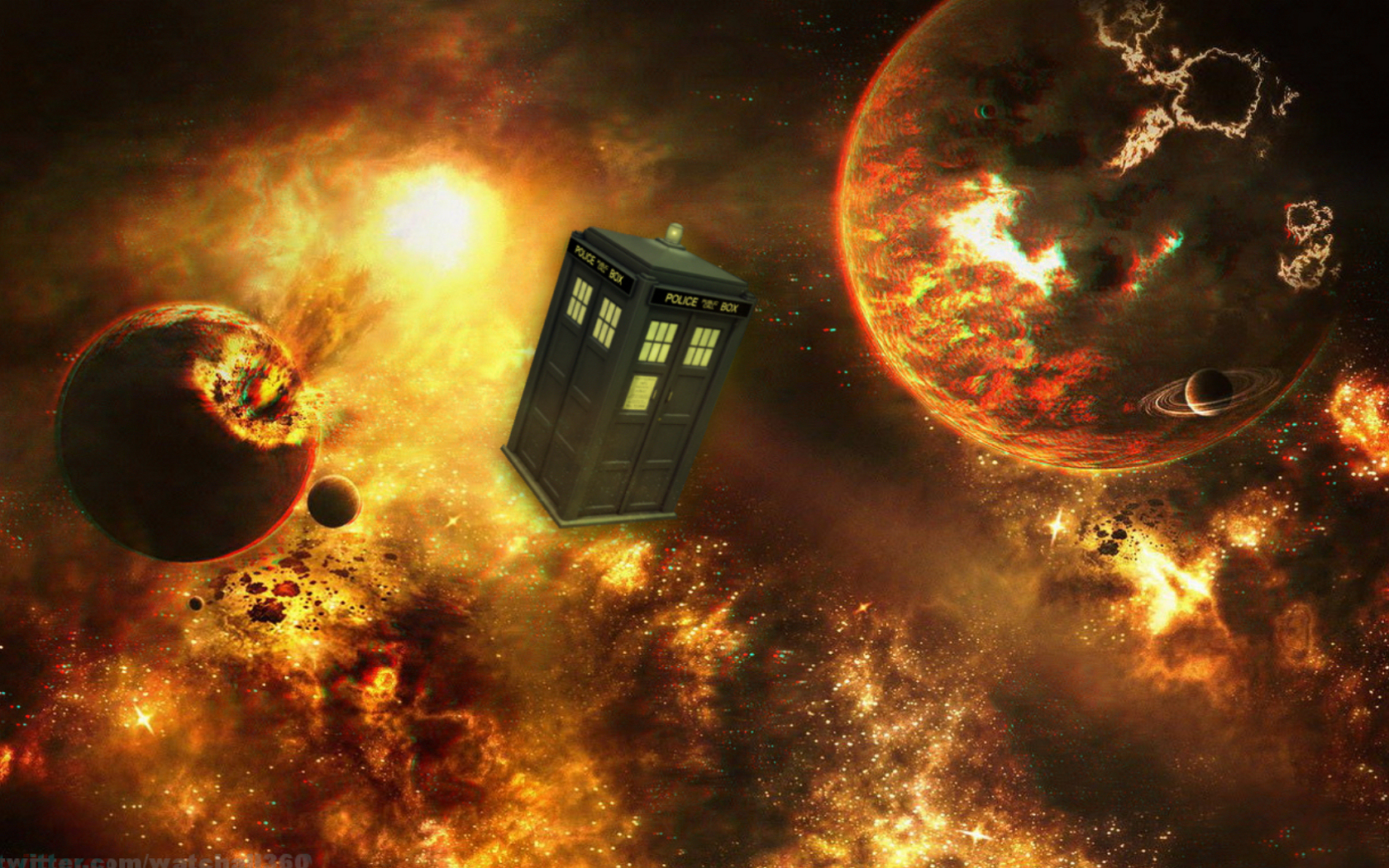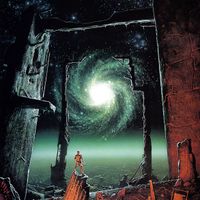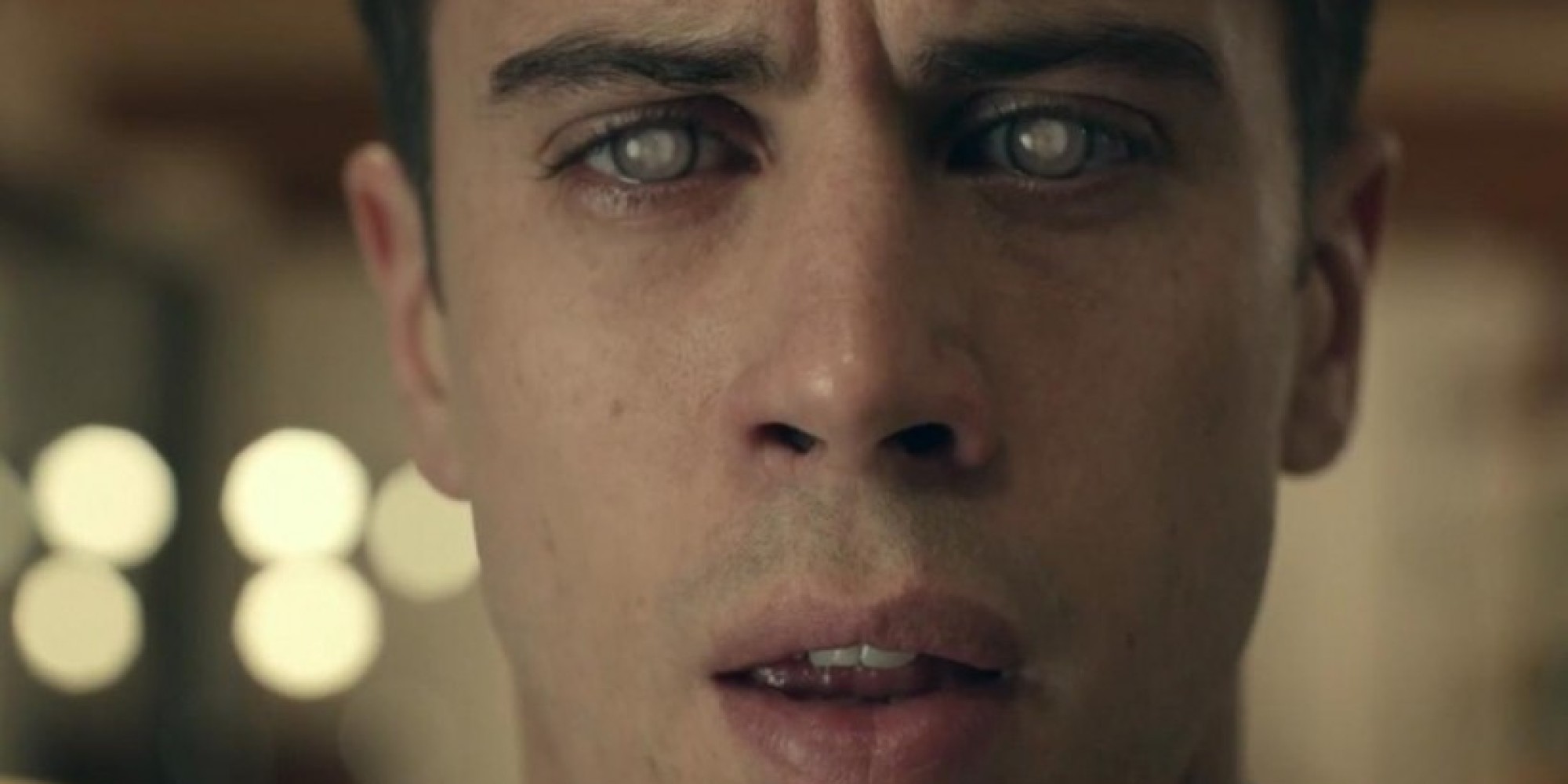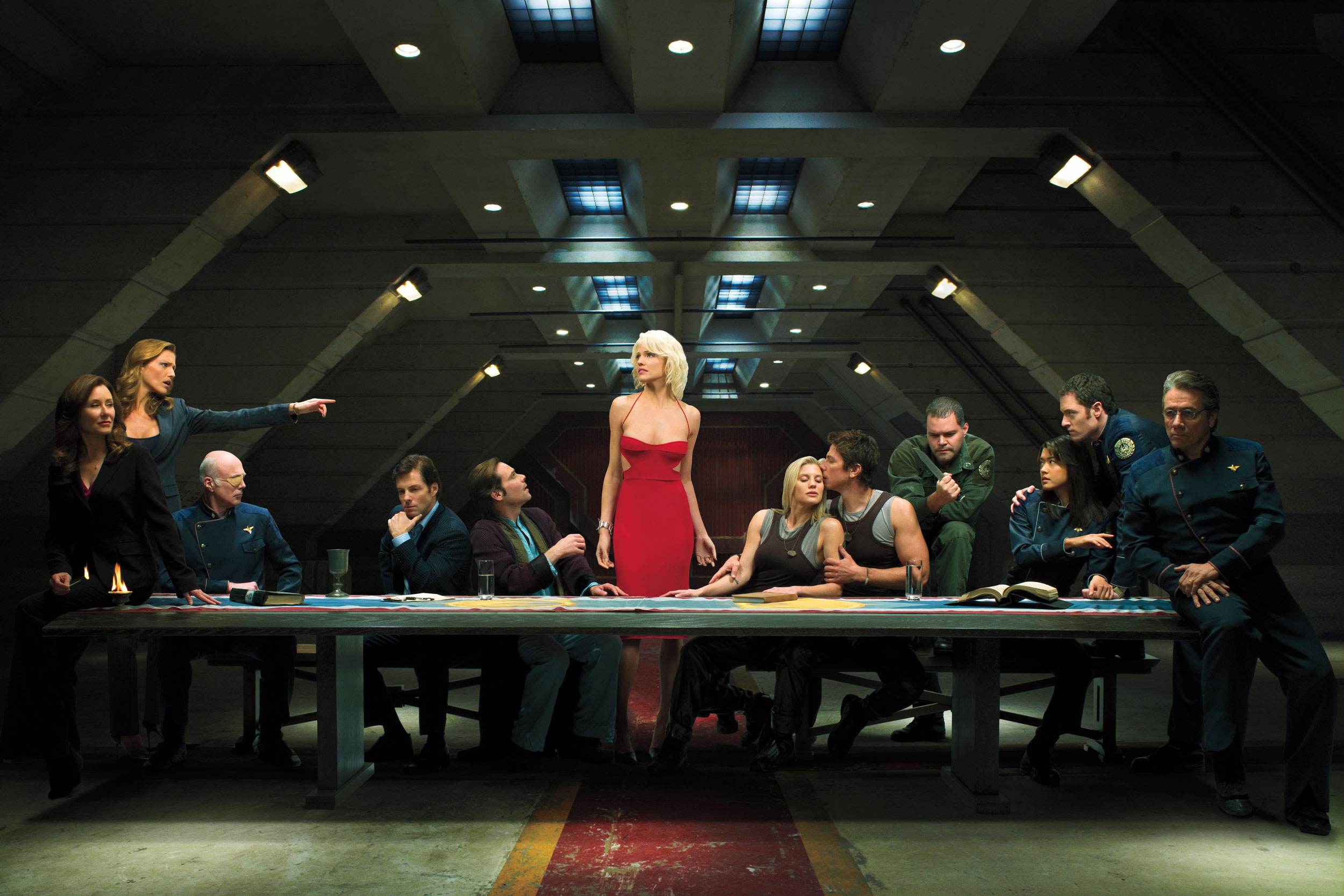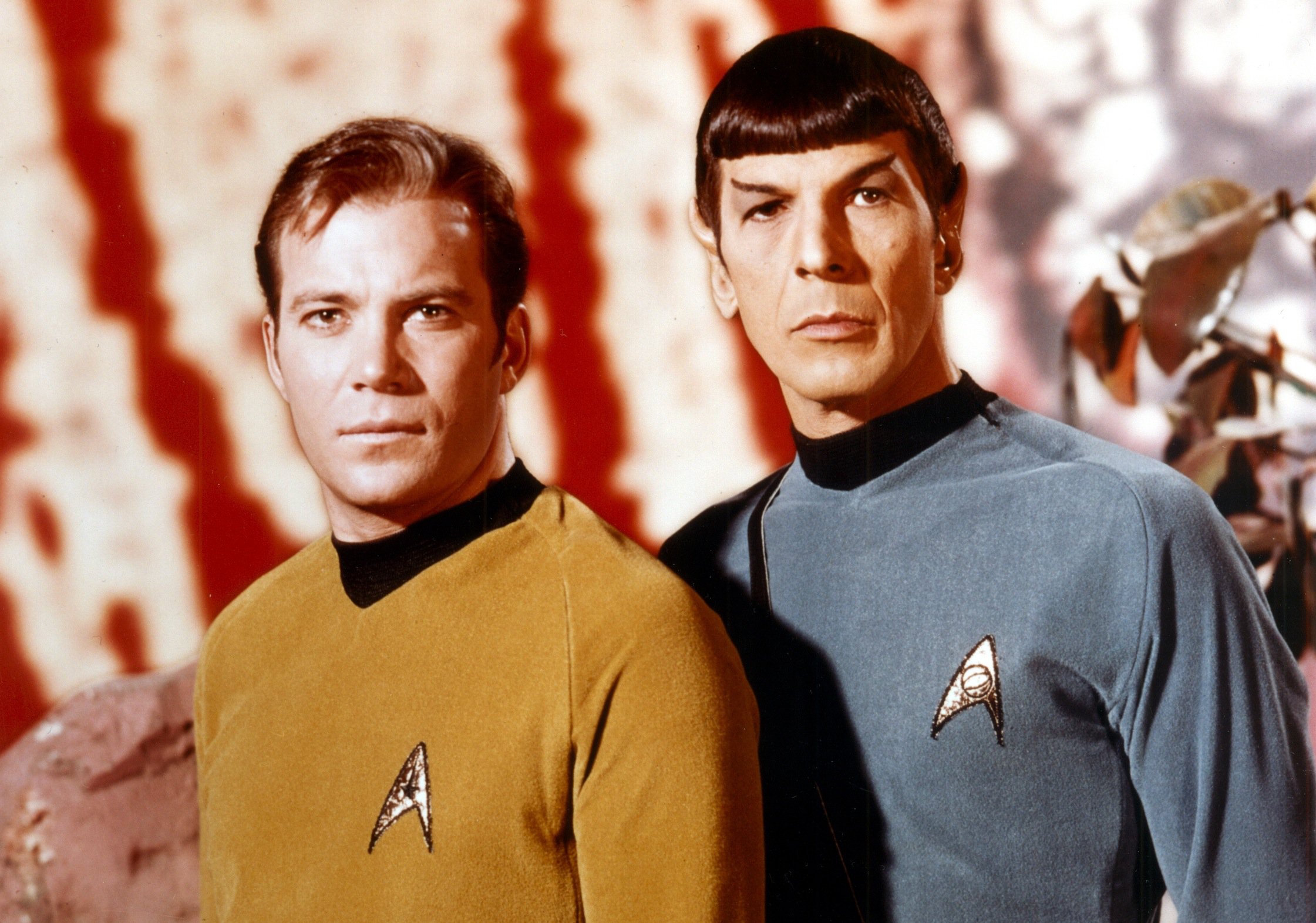| 86590 | humn 1011.01 | mw 9:30–10:45 | coas-122 | Fall, 2019 |
The short story has been a mainstay in literature for centuries, but arguably no other genre has benefited more from this form than science fiction. This course will examine short-form science fiction in stories, television, and films.
The document you’re reading is your syllabus. Everything you need for this class is on this page and linked off of it. The tabs above access the major portions of the syllabus. Bookmark this page now and return here if you get lost or confused.[1] Use the tabs above to navigate to the various sections of the syllabus.[2]
Before you begin, take a moment and familiarize yourself with the general resources I have for students. All of these may be found in the “For Students” menu at the top of the page, or you can just begin on the student start page. These pages are designed to help you succeed in this class. While you may not read everything, you should know what’s available if you need it.
Please read this document and those it links to carefully at the beginning of the semester. There is much information to process, and it can be somewhat daunting — especially if you read cursorily. If you are confused, do your best to work through it by (re)reading this document carefully and completely, searching this site, or consulting the FAQ. I promise, there is an answer to your question. If all else fails, you may contact me. Trust yourself to follow directions and find the answers. Be careful and deliberate.
Instructor Information
| Gerald R. Lucas | |
|---|---|
| Office | CoAS-117 (Macon campus), Department of Media, Culture & the Arts |
| Office Hours | See Contact |
| gerald.lucas [at] mga [dot] edu | |
I try to make myself as available as much as possible during the first couple weeks of a semester, including evenings and weekends. If you need to chat with me, email me and we’ll arrange a video conference via Skype (or similar service), if necessary. Please do not expect a response after 5pm on weekdays or anytime during the weekend. I may be available, but I also need some down time. Thanks for your understanding.
Course Information
Course Goals
- To develop and enhance the students’ critical and analytical ability to read and understand various short-form science fiction texts and their contexts and significance through and variety of pedagogical strategies.
- To develop and enhance the students’ ability to think critically and creatively and to write and to speak effectively about the arts and culture.
Course Student Learning Outcomes (SLOs)
- Students will assimilate, analyze and present thoughts and opinions in oral forms.
- Students will demonstrate the abilities to analyze, or interpret evidence or arguments, in order to formulate and support new arguments or solve problems.
- Students will demonstrate an understanding of the relationship between cultural texts and society.
Required Texts
There are no required textbooks for this course. However, several PDFs and online articles will make up the class readings. All texts are available via Google Drive; request access by entering your MGA email address. Additional small fees might be incurred to purchase or to rent videos and texts for certain lessons. I will try to keep these expenses to a minimum . A subscription to a video streaming service, like Netflix, Hulu, or Amazon Prime, might be worth your time for the semester. Most give free trial periods or discounts for students.
Your course book(s) or readings should always accompany you to class, as we will make heavy use of them in our daily discussions. Please do not come to class without it: we need the texts for class activities, in-class writing, and all aspects of our study. PDFs must be printed if they are used in class—this includes exams. Failure to do so will earn you an absence .
You should also bring an ink interface of some sort, as well as dead trees on which to take notes. Notes should not only reflect good listening skills, but individual interest in every topic discussed in class.
Policies
Students are held accountable for knowing and practicing each of the following course policies. Consider them like the law: the excuse “I didn’t know” will carry no weight. In addition, students are responsible for reading, understanding, and adhering to all Middle Georgia State University student policies, including those linked on the Syllabus Policy page.[3]
Students may withdraw from the course and earn a grade of “W” up to and including the midterm date. After midterm, students who withdraw will receive a grade of “WF.” Students are encouraged to read the withdrawal policy before dropping/withdrawing from class.
Assignments and Deadlines
Your work represents you. Everything you turn in for evaluation should exemplify the very best of your professional self. Late work is unacceptable and will receive a zero. Technical problems do not excuse late work. Plan ahead and turn in your work on time. Last-minute work submissions are ineligible for revision for a higher grade.
Attendance
Poor attendance will negatively affect your grade. You must endeavor to attend every class, and it is your responsibility to ask a fellow classmate what you missed; in-class assignments, like quizzes, cannot be made up. Too many absences will constitute class failure. Please read the attendance policy carefully.
Communication
Communication is integral to success, no matter what we’re talking about. In a digital world, these literacies are particularly important. Not only should you develop and perfect your communication skills while in college, you need to use those skills everyday with your peers and professors.
Evaluation
Evaluation depends on overall student performance: on the successful completion of all requirements, regular participation, and positive attitude. Some requirements are weighed heavier in evaluation, but all are essential to successfully complete the class. Letter grades are based upon a traditional ten-point scale. Grades for this class will be based on the point system.
Plagiarism
Plagiarism is serious academic misconduct. Willful or accidental plagiarism—including using AI tools to generate assignments—will result in assignment failures, potential class failure, and will be pursued to incite the utmost penalty for such dishonesty.
Research
All writing in this course should be supported with both primary (readings I assign you) and secondary (sources you find yourself) texts. All suppositions must be supported with evidence, whether they appear on a forum post, a blog post, a Wikipedia article, or class discussion. In other words: research is an integral component of everything you do in this course. Any ideas that are not supported might as well not be written.
Requirements
| Requirement | % |
|---|---|
| Class Participation | 20% |
| Critical Thinking Paper | 25% |
| CTOC Assessments | 30% |
| Oral Presentation | 15% |
| Critical Thinking Assignment | 10% |
HUMN 1011 addresses key competencies in Area B. Therefore, it has the following requirements — all of which must be passed in order for students to successfully complete the course.
Participation
Active participation in the classroom is required. Your daily work and attendance represents your participation, e.g.: reading, discussions, training, exercises, library tasks, reading quizzes, peer editing, the viewing of a film, and similar activities. Your participation in group activities and your preparation for class will be weighed heavily in evaluation: participation, effort, and attitude count significantly. You should not sit in class like you’re watching TV: learning requires active participation and enthusiasm . Participation grades cannot be made up.
Critical Thinking Paper
This essay will be a comparative analysis of two texts we cover in class this semester. It will choose a theme, character, or symbol and critically analyze how it operates in two of the course texts by examining distinct parallels between those texts. In other words the paper will answer the question: how does an examination of this key theme (character or symbol) help with a critical understanding of these two texts? This paper will use the “Critical Thinking Rubric” in evaluation.
Critical Thinking Assignment
Students will be asked to write a proposal for the Critical Thinking Paper that will be due before midterm; this proposal will count as your “Critical Thinking Assignment.”
COTC Assessments
Middle Georgia State University does key assessments of Critical Thinking and Oral Communications (COTC) skills in Area B courses such as this one. This requirement includes the COTC units integrated into D2L[4] and a separate critical thinking writing assignment — each worth 10% of the final grade. More information will follow in class.
Oral Presentation
Middle Georgia State University does key assessments of Critical Thinking and Oral Communications skills in Area B courses such as this one. This informal, fifteen-minute presentation will be based on the critical thinking paper outlined above. More information will follow in class. See the “Speech Evaluation Rubric.”
Since reading is a key component of our class, be sure you’re doing your best to comprehend what you read. Consider following these strategies in “7 Ways to Retain More of Every Book You Read.” |
Schedule
This schedule represents the ideal outline for our study this semester. Yet, like all best-laid plans, we may not be able to keep up with our agenda. Please be flexible and try to look and read ahead whenever possible. We will do our best to stick by this schedule, but I will inform you verbally whenever there is a change in or an addition to an assignment. Getting these updates is solely your responsibility. Therefore, this schedule is tentative and subject to change contingent upon the needs of the students and the professor, and dictated by time and other constraints which may affect the course. This schedule reflects only an overview of the assigned reading and other major course assignments. It may not indicate specific class session assignments or activities. Specific assignments are often given in class.
All PDFs, designated by (PDF![]() ), may be found on Google Drive » »
), may be found on Google Drive » »
| Week | Date | Assignments |
|---|---|---|
| 1 | 08/14 | Class Begins • Introduction • Read: “Writing in the Liberal Arts”; Student Start Page, links, and syllabus. |
| 2 | 08/19 | Read: Some Views of Science Fiction; Le Guin “Intro to the Norton Book of SF” (PDF |
| 08/21 | View: “The Value of Science Fiction” (YouTube) and “Brave New Worlds: The Science Fiction Phenomenon” (Films on Demand) | |
| 3 | 08/26 | Read: John Cheever “The Swimmer” (PDF |
| 08/28 | View: Chris Marker “La Jetée” • Complete: CTOC Unit One: Elements of Critical Thinking[5] | |
| 4 | 09/02 | Labor Day - No class — Complete: CTOC Unit Two: Evaluating Arguments; units one (from 8/26) and two are due by the end of the day on 9/4. |
| 09/04 | Write: In a page, compare any aspect (character, theme, symbol, etc.) of the two texts, citing evidence for your argument. Bring the paper, printed, with you ready to share with the class. | |
| 5 | 09/09 | Read: William Gibson “The Gernsback Continuum” (PDF |
| 09/11 | View: Doctor Who “Blink”; Complete: CTOC Unit Three: Forming Arguments | |
| 6 | 09/16 | Read: Philip K. Dick “We Can Remember It for You Wholesale” (PDF |
| 09/18 | View: The X-Files “José Chung’s ‘From Outer Space’” • Complete: CTOC Unit Four: Problem Solving | |
| 7 | 09/23 | Read: James Tiptree, Jr. “The Girl Who Was Plugged In” (PDF |
| 09/25 | View: Black Mirror “The Entire History of You” • Complete: CTOC Critical Thinking Exam | |
| 8 | 09/30 | Library Exercise: spend some time in the library researching your critical thinking paper topic (see above). Find strong sources (books, book chapters, articles from academic periodicals) that can potentially assist you in your writing, including at least one book. Include these sources in your paper proposal. |
| 10/02 | Paper Proposal Due: follow the instructions on this handout from the U of Washington. Your research questions is: “How does an examination of a shared theme (metaphor or character or symbol) help with a critical understanding of two texts we have read for class?” Submit this to me via email before by Friday, 10/4. | |
| 9 | 10/07[6] | Dr. Lucas out of town (No class this week) • Complete: CTOC Unit Five |
| 10/09 | ||
| 10 | 10/14[7] | Conferences to discuss paper progress. No class meeting. See me during class time in my office. |
| 10/16 | ||
| 11 | 10/21 | Read: Octavia Butler “Bloodchild” (PDF |
| 10/23 | View: Deep Space Nine “Far Beyond the Stars” (since I’m out due to illness, please watch this on your own) • Complete: CTOC Unit Six | |
| 12 | 10/28 | Read: Tom Godwin “The Cold Equations” (PDF |
| 10/30 | View: Battlestar Galactica “33” • Complete: CTOC Unit Seven: Preparing for the Presentation | |
| 13 | 11/04 | Read: Tim Pratt “Impossible Dreams” (PDF |
| 11/06 | View: Star Trek “The City on the Edge of Forever” • Complete: CTOC Unit Eight: Presenting the Speech | |
| 14 | 11/11 | Read: Ken Liu “Staying Behind” (PDF |
| 11/13 | View: Black Mirror “San Junipero” • Complete: CTOC Communications Exam | |
| 15 | 11/18 | Presentations |
| 11/20 | ||
| 16 | 11/25 | Thanksgiving Holiday (no class) |
| 11/27 | ||
| 17 | 12/02 | Off-week — finish your papers and any make-up assignments |
| 12/04 | ||
| - | 12/06 | Final Essay Due — email to me |
Notes
- ↑ While you may certainly choose to print it—we will do our best to follow the schedule hereon—it may change during the course of the semester due to unforeseen circumstances. Should this occur, I will let you know, but ultimately, this online document has the final say—not a printed one.
- ↑ You might, too, follow links by opening them in browser tabs—click the link by holding the ⌘ Command on a Mac or Ctrl on a PC—so you can easily return to where you left off.
- ↑ See the MGA website's Syllabus Policy Page the policies linked thereon.
- ↑ On the course page, the COTC folder in under Content Browser on the right. You can also click “Content Browser,” then “COTC” (bottom left) to get a list of all units and assessments.
- ↑ All of these units are on D2L.
- ↑ Midterm grades due.
- ↑ Drop date: last day to withdraw with a “W.”

